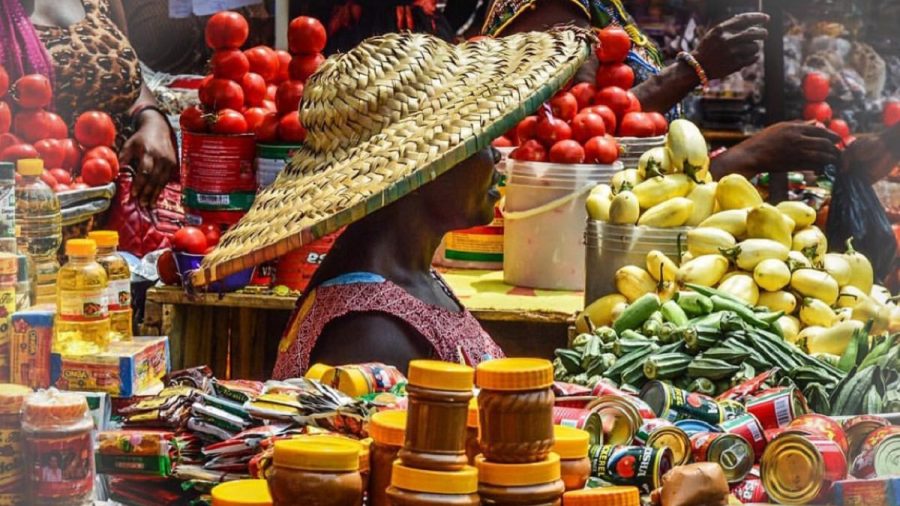Ghana’s headline inflation eased further to 11.5% in August 2025, down from 12.1% in July, according to new data released by the Ghana Statistical Service (GSS).
The latest figure marks the eighth consecutive month of decline, placing inflation below the government’s end-of-year target of 11.9% four months ahead of schedule.
The August rate is the lowest in nearly four years and comes as a significant political milestone for the administration, which has been under pressure to stabilize prices and deliver relief to households.
Month-on-month, overall prices fell by 1.3%, offering respite from what many citizens have described as prolonged cost-of-living hardships.
Addressing the press on Wednesday, September 3, 2025, Government Statistician Dr. Alhassan Iddrisu revealed that food inflation slowed to 14.8% in August from 15.1% in July, with food prices declining by 2.5% within the month.
Non-food inflation also moderated to 8.7% from 9.5% in July, recording a marginal fall of 0.1%.
“The August data points to a broad-based deceleration in prices across both food and non-food categories,” he said.
Further breakdown of the figures showed that inflation for goods declined to 13.9% from 14.2% in July, with overall prices of goods falling by 1.6%. Imported inflation eased faster than local inflation, buoyed by a stronger Cedi and reduced global cost pressures.
The government has been keen to highlight the strengthening of the local currency as a testament to its fiscal and monetary measures.
Nevertheless, disparities across regions remain. While national figures show progress, inflationary pressures differ sharply across various parts of the country due to regional supply chain disruptions, high transportation costs, and localized economic challenges.
